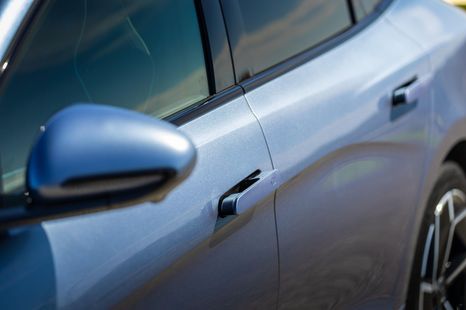

Damion Smy
ANCAP calls for Australian ban on door handles used by Tesla, BYD and others
1 Hour Ago
Volkswagen has more models in the works on its MEB electric vehicle architecture, and is aiming to offer up to 700km of range.

News Editor
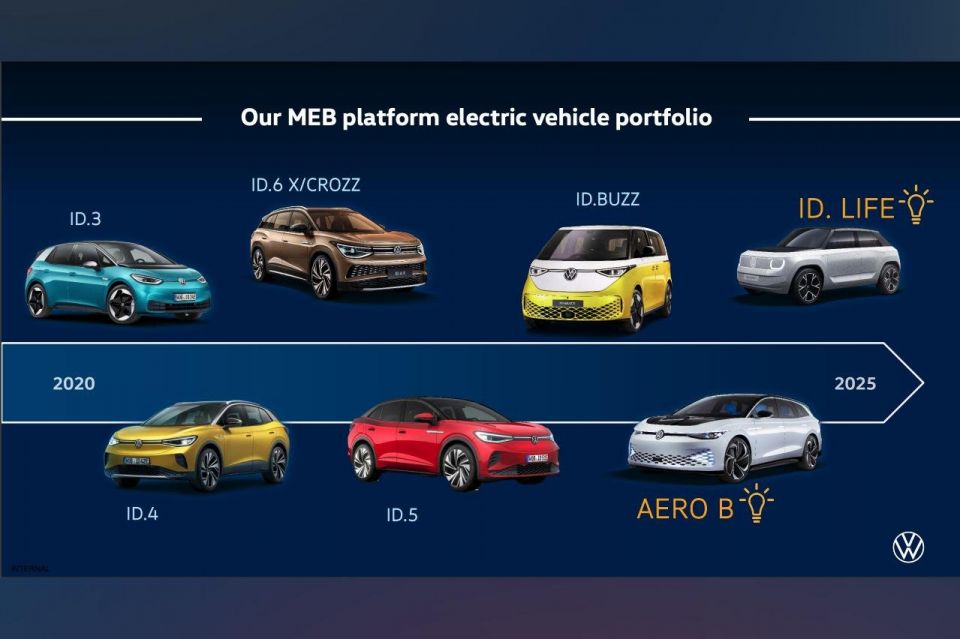

News Editor
Volkswagen has revealed what’s in store for its MEB electric vehicle architecture in three numbers.
It plans to offer range of up to 700km, DC ultra-rapid charging capability of up to 200kW, and a 0-100km/h time of as little as 5.5 seconds when equipped with all-wheel drive.
Currently, the best the MEB cars can offer is 553km of range on the WLTP cycle (in the ID.3 Pro S), 170kW DC charging power (ID. Buzz), and a 0-100km/h time of 6.2 seconds (ID.5 GTX).
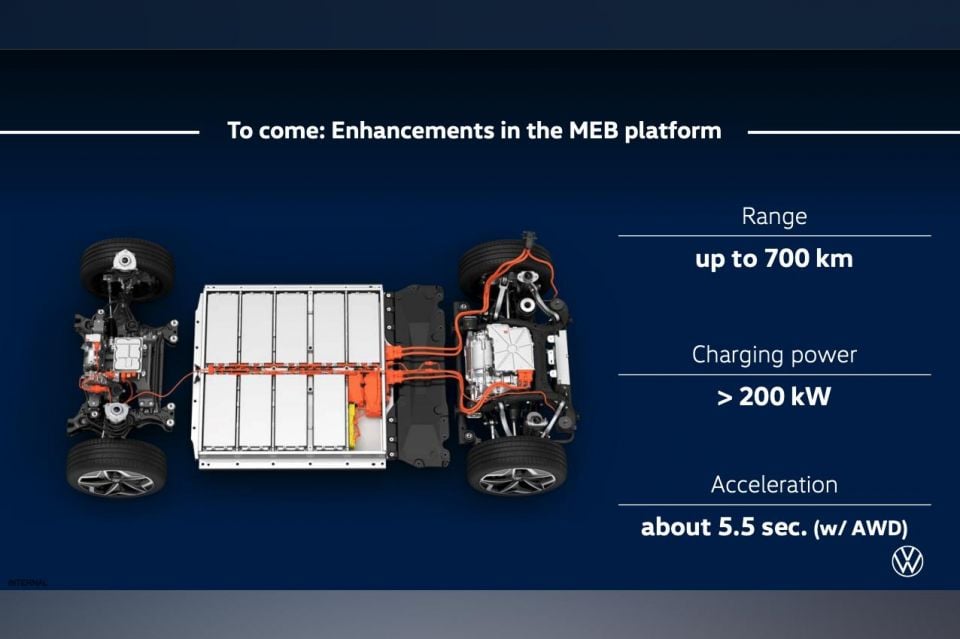
As part of a presentation at UBS Paris Electric Car Day, the Volkswagen brand presented a timeline of both existing and upcoming MEB-based vehicles.
There are just two remaining to be launched: a production version of the ID. Life concept in 2025, and a mid-sized sedan and wagon due in 2023 that Volkswagen is currently referring to as the Aero B.
The latter seems more likely to offer the 700km range figure, being a larger car that can support a larger battery.

While Volkswagen didn’t outline exactly how it plans to surpass its current range figures and 0-100km/h times, it’s possible it’ll accomplish this through the use of larger or more energy-dense batteries, as well as new or revised electric motors.
Volkswagen has been able to eke out more range and greater charging speeds with over-the-air updates as well, with the latest update giving ID. models with a 77kWh battery pack a maximum DC charging speed of 135kW – previously, it was 125kW.
Sitting above the MEB-based models in Volkswagen’s range will be the Trinity flagship fastback, which will enter production in 2026.
It’ll ride a new architecture called the Scalable Systems Platform (SSP) that’ll succeed today’s MEB and even the upcoming PPE architectures.
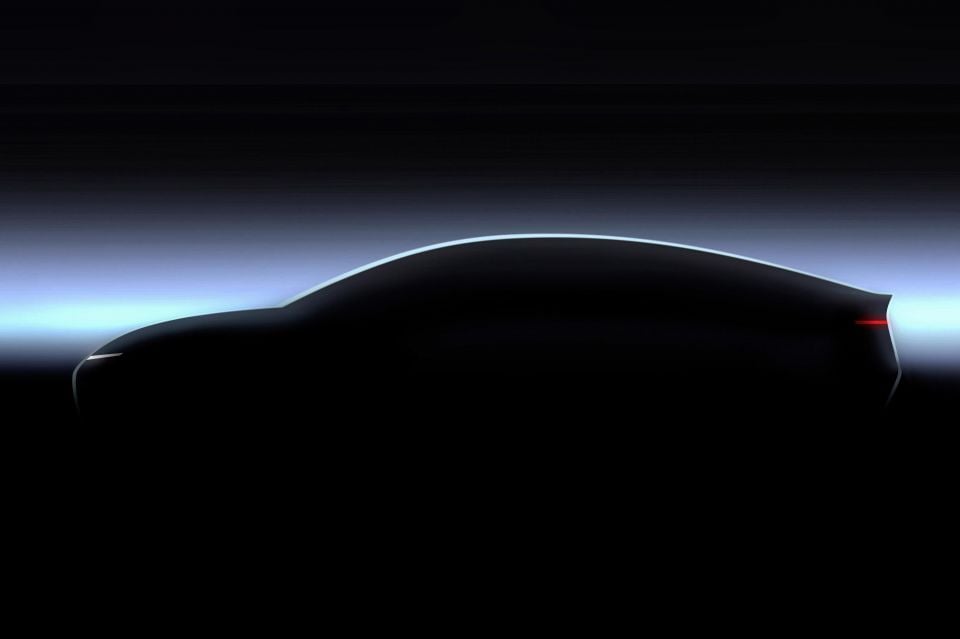
It’ll have range surpassing even the longest-range MEB-based model, with a claimed electric range of “over 700km”, and will also offer Level 4 autonomous driving technology.
Volkswagen will produce it at a new factory in Wolfsburg, Germany, and aims to have one model built every 10 hours.
Volkswagen says it’ll reach that target by having fewer components, more automation, leaner production lines and new logistic concepts. It’ll also offer a limited number of Trinity variants to reduce production complexity.
The new $3 billion plant is a testbed of sorts, with practices implemented here gradually filtering to the company’s other plants.
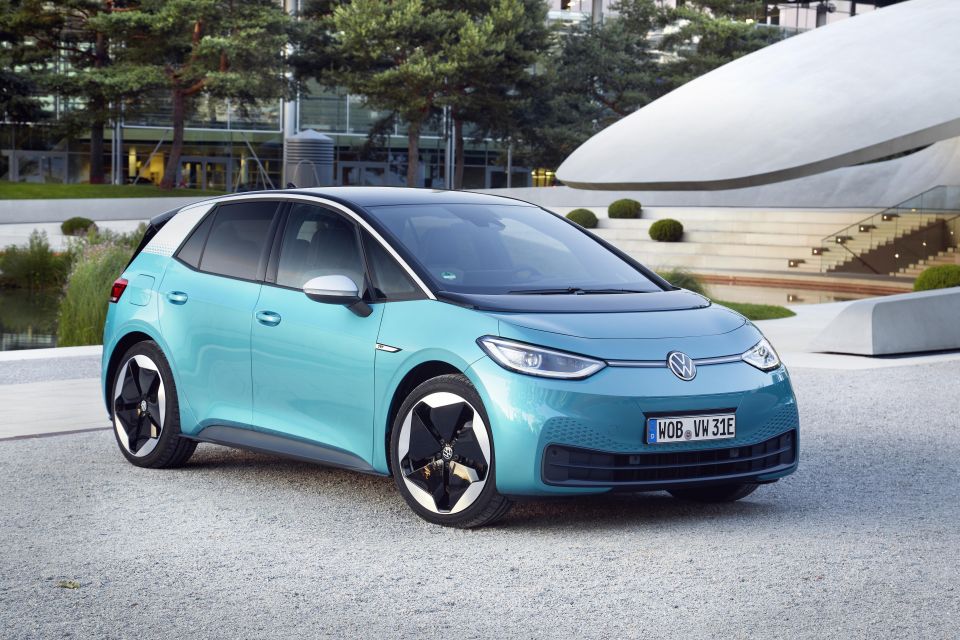
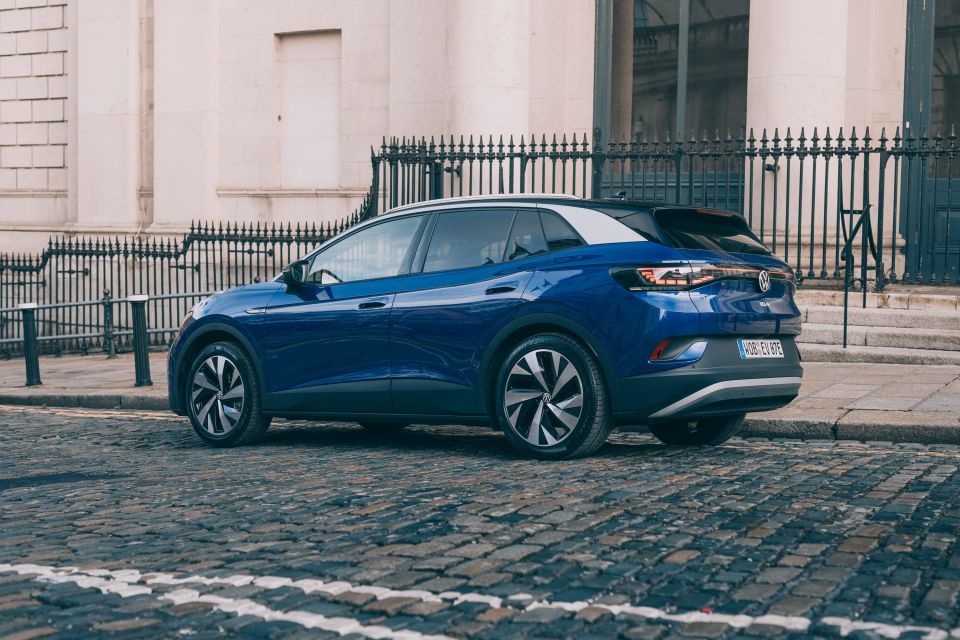
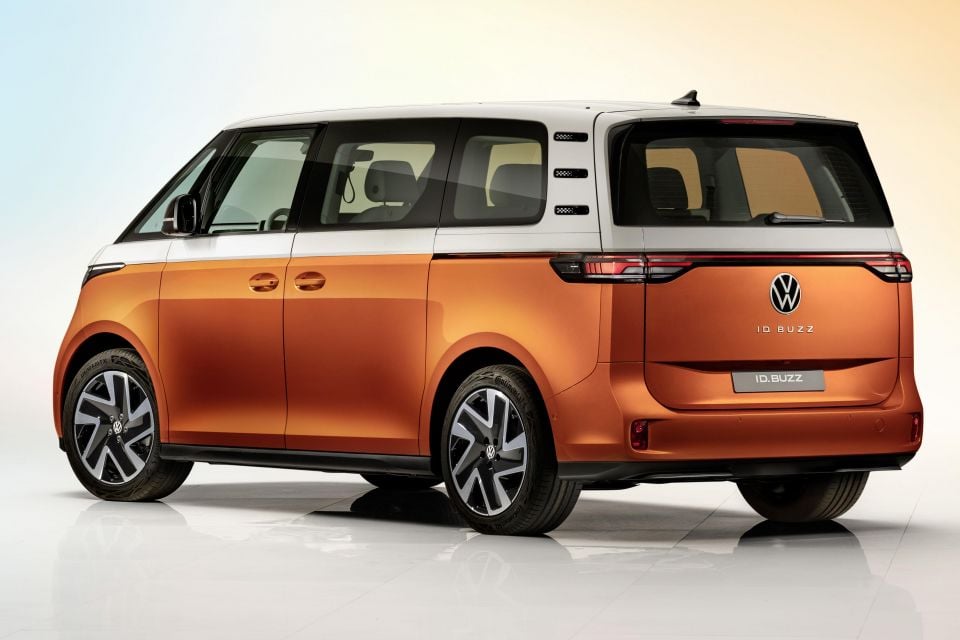
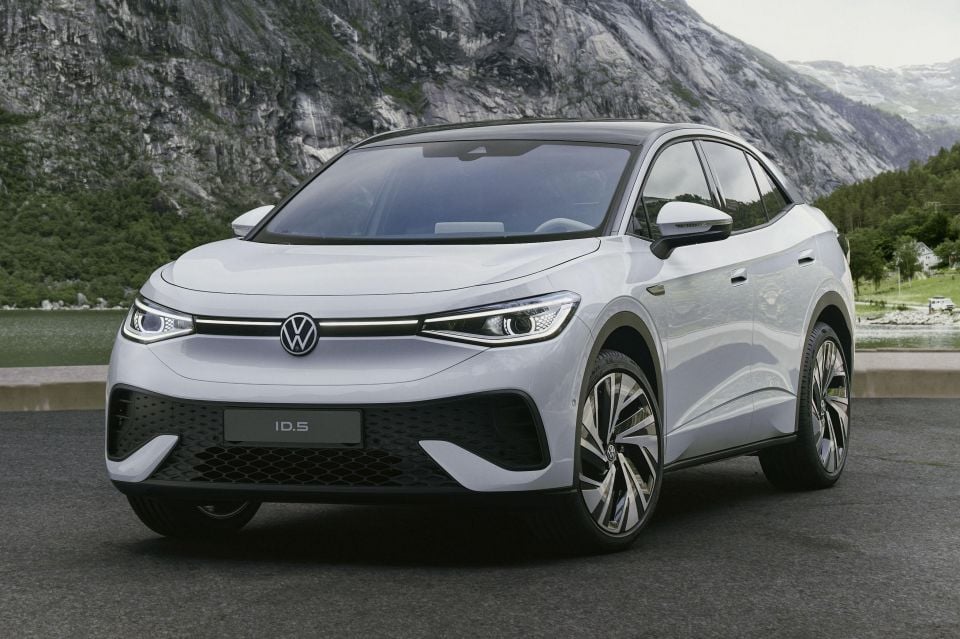
Volkswagen wants EVs to account for at least 30 per cent of its sales in the European Union by 2025, rising to 70 per cent by 2030 and 100 per cent by 2035.
By 2030, it’s aiming for EVs to account for at least 50 per cent of sales in China and and the US.
We’re still yet to see any MEB-based Volkswagens in Australia, and it’s looking like the first MEB model sold here will come from elsewhere in the Volkswagen Group.
The Cupra Born, closely related to the Volkswagen ID.3, has been confirmed for a local launch in the first quarter of 2023.
Volkswagen’s ID.4 is expected to launch in 2023, but the brand has yet to provide concrete launch timing.
Go deeper on the cars in our Showroom, compare your options, or see what a great deal looks like with help from our New Car Specialists.
William Stopford is an automotive journalist with a passion for mainstream cars, automotive history and overseas auto markets.


Damion Smy
1 Hour Ago
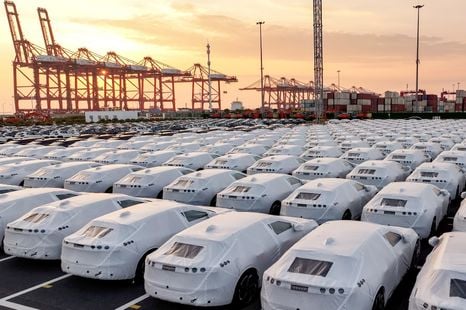

Ben Zachariah
2 Hours Ago
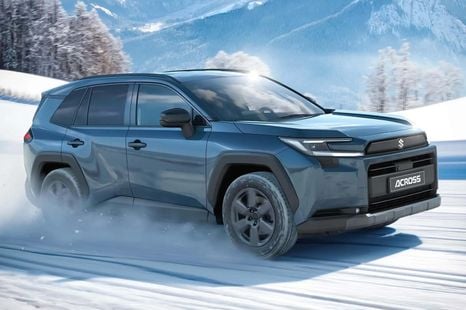

Damion Smy
3 Hours Ago
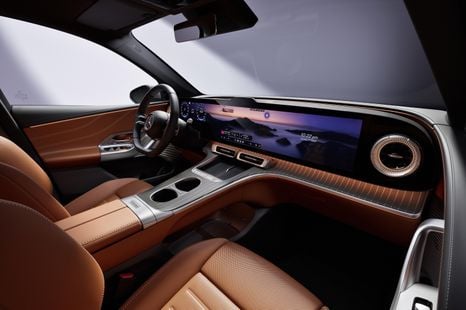

William Stopford
3 Hours Ago
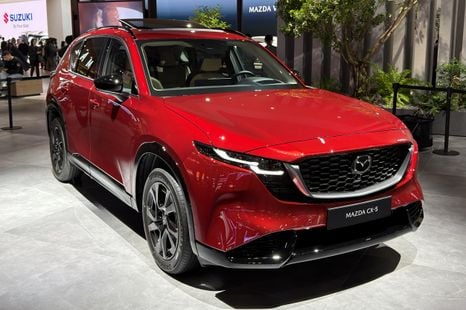

William Stopford
4 Hours Ago
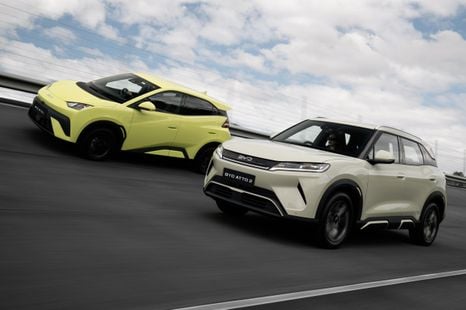

William Stopford
6 Hours Ago
Add CarExpert as a Preferred Source on Google so your search results prioritise writing by actual experts, not AI.